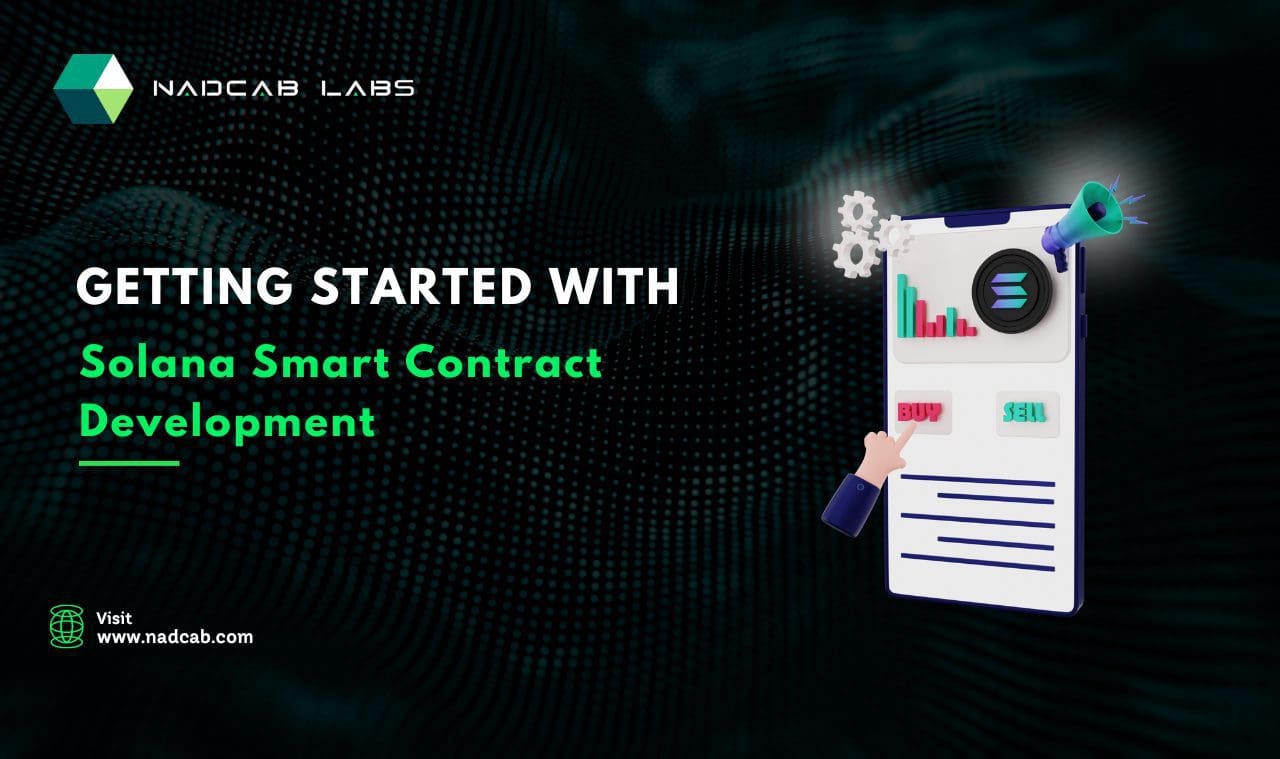
Interested in exploring the world of Solana smart contracts? Look no further! This guide walks you through the essentials of using contracts on the Solana blockchain with Solana Smart Contracts Guide. Whether you’re familiar with blockchain or just starting, this overview will help you navigate Solana’s decentralized ecosystem.
Understanding the Solana Blockchain
Before using Solana, it’s crucial to know what makes it unique. Solana is known for high throughput, low latency, and cost-efficiency, making it ideal for scalable decentralized applications (dApps). Its Proof of History (PoH) consensus mechanism allows thousands of transactions per second—far beyond many competing blockchains.
Learning the Right Language
Solana mainly uses Rust. Rust’s memory safety and concurrency features make it reliable for secure, fast, and scalable contracts.
Resources to Start:
-
The Rust Programming Language Book – Beginner-friendly, detailed foundation.
-
Solana Official Documentation – Tutorials, code samples, and best practices.
Setting Up Your Environment
A proper setup is critical for working with Solana contracts:
-
Install Rust – Get Rust and rustup from the official website.
-
Install Solana CLI – Needed for interacting with the blockchain.
-
Set up a local testnet – Simulate conditions, experiment, and test your code before mainnet usage.
Tools and Resources
-
Anchor Framework – Simplifies Solana contracts by reducing repetitive code.
-
Solana Playground – Online IDE to write, compile, and launch contracts instantly.
-
Community Groups – Discord, forums, and GitHub repositories where Solana enthusiasts share insights.
Collaborating with Experts
If you’re new, guidance from experienced blockchain consultants can save time and reduce errors. Nadcab Labs provides insights for using and implementing Solana smart contracts, ensuring your project follows best practices and operates efficiently.
Practical Steps to Start
-
Define Requirements – Clarify your contract’s purpose and structure.
-
Write and Test Code – Use Rust, test on Solana’s testnet.
-
Deploy and Monitor – Launch on the mainnet, track performance, and make improvements based on user feedback.
Why Partner with Professionals
Solana is powerful but complex. Partnering with blockchain experts ensures secure architecture, optimized usage, and compliance. Nadcab Labs provides full guidance, from ideation to implementation, making it easier to leverage Solana effectively.
Conclusion
Exploring Solana smart contracts involves understanding the blockchain, learning Rust, setting up the right tools, and using frameworks like Anchor. With expert guidance, you can unlock Solana’s potential and launch scalable decentralized applications.
Author Profile
Vartika Krishnani works at Nadcab Labs, helping businesses grow with effective SEO and blockchain strategies. Nadcab Labs specializes in leveraging innovative technologies like Solana smart contracts to create practical financial and digital solutions.






